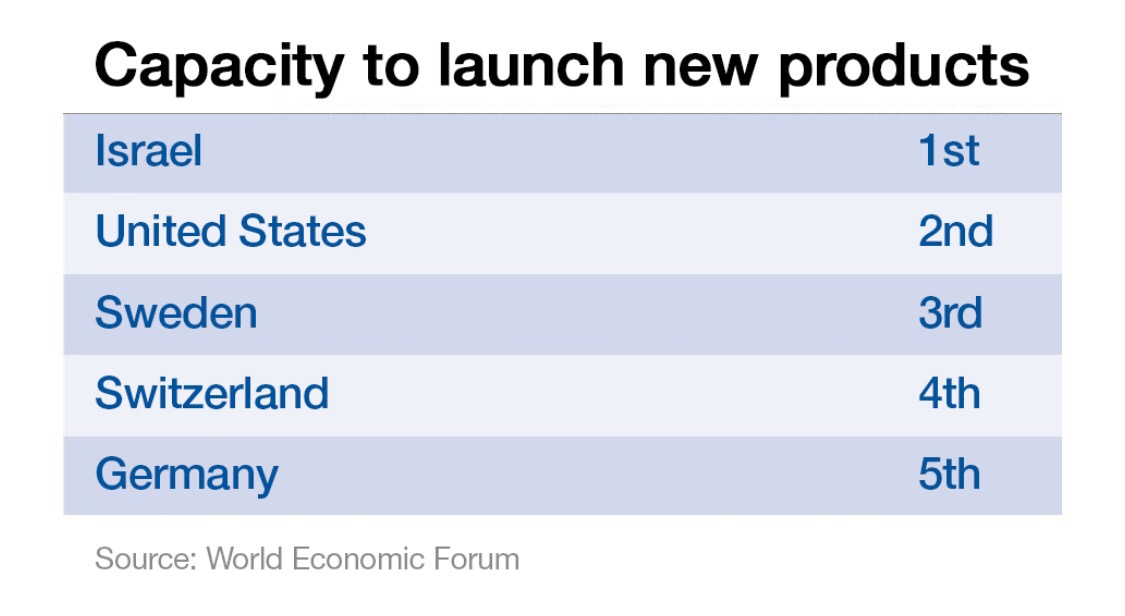The world is changing – can countries maintain their competitive edge?
The World Economic Forum (WEF) has been measuring nations’ competitiveness for nearly four decades because it is the best way to assess countries’ future productivity.
Productivity, of course, is important as the best way to boost income – after all you can only earn more if you work harder or smarter – and this, at the end of the day plays a large (but not exclusive by any means) factor in determining wellbeing.
 My country Sweden is doing very well in all measurement of innovation and development
My country Sweden is doing very well in all measurement of innovation and development
The current methodology of the Global Competitiveness Index has been in use since 2006, and while it is still the best measurement around, WEF has decided to acknowledge that the onset of the Fourth Industrial Revolution is changing again the nature of competitiveness.
WEf is seeing innovation play a much more prominent role in the development of emerging as well as rich countries.
Thus the Global Competitiveness Index will change to reflect this. As more and more data becomes available, WEF has the opportunity to take into account the changing dynamics of global competitiveness.
Innovation, for example, has always been an ecosystem rather than a linear exchange between academia and society, so there is a need to demonstrate this by capturing the relationship between innovation, creativity and entrepreneurship. Training and education, too, are vital enablers of future prosperity but it’s not just a matter of enrolment or even the quality of science and math education; economies are built on out-of-the-box thinking and creative thinking and this needs to be measured too.
I find this a very interesting area and we should closely follow the developments in the future.
To read the article, click here: The world is changing – can the US maintain its competitive edge?
Source: World Economic Forum
You must be logged in to post a comment.